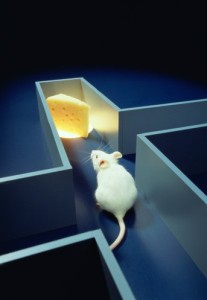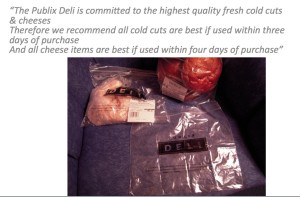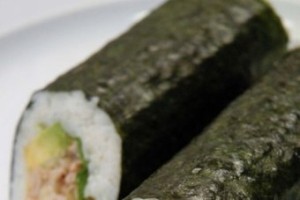The High Court has upheld a decision forcing the State Government to hand over material relating to a defamation claim by prominent Adelaide baker Vili Milisits.
 Mr Milisits is suing the Government for defamation over its handling of a salmonella outbreak in which 100 people fell ill in 2011.
Mr Milisits is suing the Government for defamation over its handling of a salmonella outbreak in which 100 people fell ill in 2011.
He claimed his reputation was damaged when the state’s Director of Public Health, Doctor Kevin Buckett, issued warnings about custard-filled products from Vili’s Bakery, despite no traces of the bacteria being found at the premises.
The warnings came during a radio interview and two press conferences called in February 2011.
After a court application, the Government provided Mr Milisits’ lawyers with redacted versions of patient records and interviews with those who became ill, but the Full Court of the Supreme Court ordered the documents be handed over in full.
The Government sought leave in the High Court to challenge that order, but the court refused.
The Government told the court it was in the public interest to maintain the confidentiality of the personal information of those who became ill, particularly because they volunteered to take part in interviews on the basis of confidentiality.
Last week, the Supreme Court heard an application by Mr Milisit’s lawyers to strike out part of the Government’s defence.
The Government contends the warnings issued about Vilis products were justified and based on truth, relying on information provided in the interviews with those who became ill.
It also claimed a qualified privilege defence and one that Dr Buckett was protected from liability because he was carrying out his duties under the Food Act.
Lawyers for Mr Milisits said his actions did not fall under the act, and that part of the Government’s defence should be struck out before the trial.
The judge reserved his decision.
No date has yet been fixed for the trial.








 may have been exposed to the hepatitis A virus. An alert has been issued to all GPs to be aware of the case and to arrange for appropriate testing for any patients presenting with possible hepatitis A infection."
may have been exposed to the hepatitis A virus. An alert has been issued to all GPs to be aware of the case and to arrange for appropriate testing for any patients presenting with possible hepatitis A infection.".jpg) serious but stable condition.
serious but stable condition.